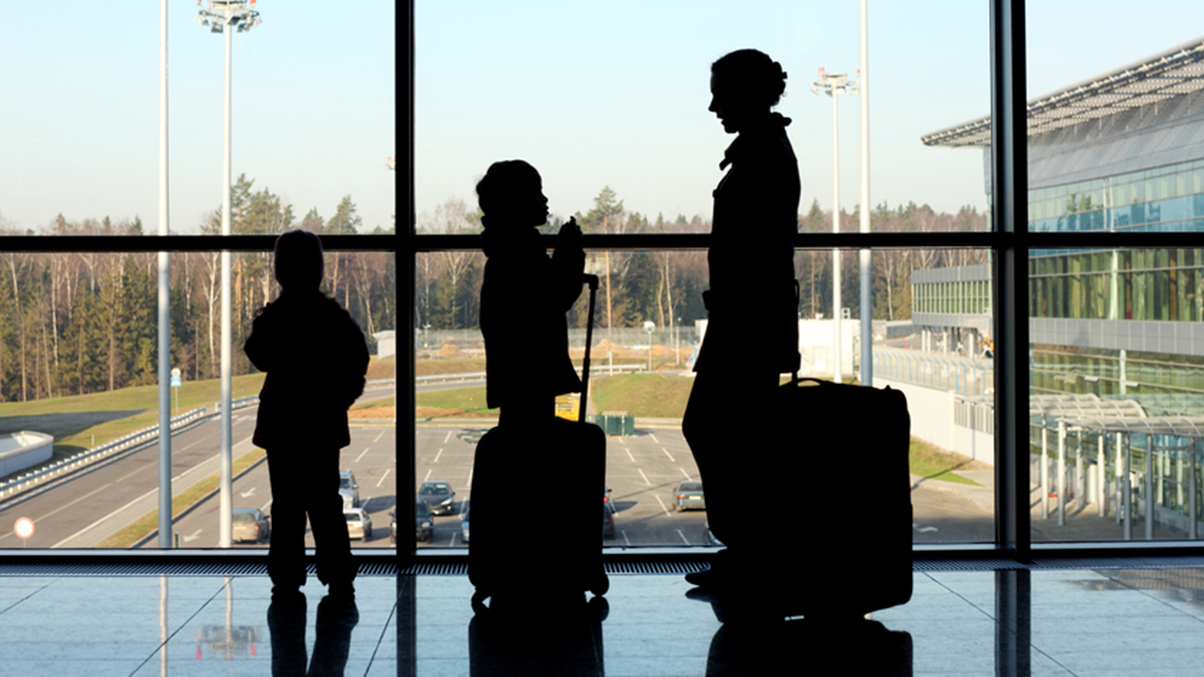Separation is rarely simple, and holiday arrangements often become one of the most complex challenges. For professionals with significant assets and career considerations, the difficulties extend far beyond financial issues.
One area that causes a surprising level of friction and heartache is holiday arrangements for the children. When they go, where they go, what they do and with whom can all become deeply contentious issues, particularly when international travel, differing parenting styles and new partners enter the mix.
Stewarts’ survey of professionals revealed that thirty-nine percent of separated parents worry about having a say in where their children go on holiday, what they do there and who they’re with. Twenty-one percent reported being unable to agree holiday arrangements at all, with twelve percent having to involve the courts. Interestingly, fifteen percent of the professionals surveyed said they chose to continue holidaying together as a family despite being separated, a choice that can work for some but is far from straightforward for most.
In this article, Felicia Munde, an associate in our Divorce and Family team, discusses the practical ways to manage and resolve holiday related disagreements, helping separated parents navigate the often challenging process of arranging trips with their children.
Why do holiday disputes arise after separation?
Holiday disputes often arise after separation due to emotional concerns, practical scheduling issues and differing expectations around travel and parenting.
For separated parents, especially those with demanding careers, holidays are invaluable opportunities to create lasting memories and strengthen family bonds. Disputes related to the issue of holidays can, therefore, be complex and emotionally charged. Practical challenges, such as disruptions to education and established routines, frequently arise. Compounding these are emotional concerns such as feelings of exclusion, fears of being side lined or other anxieties that can quickly heighten tensions. In addition, welfare and safety considerations are often raised, adding another layer of complexity, particularly in highly sensitive cases.
What are your options for holiday arrangements after separation?
Post-separation discussions and parenting plans
A constructive starting point is to discuss holiday arrangements with your former partner openly and, where possible, outline them in a well-structured parenting plan. This plan can establish clear expectations regarding how school holidays are divided, including provisions for international travel, notice requirements and the sharing of essential information. Clear agreements are especially important when taking children abroad after separation, as consent and documentation must be arranged in advance. By setting these arrangements in advance, parents can minimise conflict, create a sense of stability and ensure that the child or children maintain meaningful relationships with both parents after separation.
Non-court dispute resolution
Before resorting to court proceedings, mediation or other forms of non-court dispute resolution should be explored and attempted, as they often provide a more constructive and less adversarial approach to resolving such disputes. These methods enable both parties to express their concerns, negotiate solutions in a structured and supportive setting, and work towards reaching a prompt agreement that fosters an amicable and cooperative co-parenting relationship. Parents should seek legal advice in order to determine the most appropriate forum in their specific case.
Seeking the court’s assistance
If parents are unable to reach an agreement, they may apply to the court for a decision. A Specific Issue Order allows a parent to seek approval for a specific holiday or travel arrangement. Conversely, a Prohibited Steps Order can be sought to prevent a trip from taking place, particularly in cases of high conflict or where there are concerns about abduction, retention or potential harm. Where a wider formal agreement is needed regarding the child arrangements generally, a Child Arrangements Order can be sought specifying future holiday arrangements and travel permissions. In all instances, parents should seek legal advice prior to making such an application and the court’s paramount consideration is the children’s welfare.
Can separated parents successfully take holidays together?
While this arrangement may not be suitable for everyone, it can work well in cases where co-parenting relationships remain strong, and there is a shared commitment to maintaining a sense of normalcy for the children. However, it requires clear boundaries, mutual respect and thoughtful planning to ensure a positive experience for everyone involved.
How to create stress free holiday arrangements after separation?
For separated couples, establishing clear holiday arrangements helps prevent unnecessary conflict, such as disagreements about school holiday schedules, protects the children’s emotional well‑being, and ensures stability for all involved.
Partner Toby Atkinson comments: “If you’re navigating a separation, consider addressing holidays early on. It might save you from stress later and help ensure that your children’s time away remains a source of joy, not tension.”
If you are facing challenges around holiday arrangements post-separation, our specialist Children team at Stewarts is here to help you find practical, tailored solutions.
FAQs
Do I need my ex‑partner’s permission to take my child on holiday?
Yes .If both parents share parental responsibility, you must obtain written consent from everyone who holds parental responsibility before taking your child abroad.
If you hold a Child Arrangements Order specifying that the child lives with you, you can take them abroad for up to 28 days without requiring the other parent’s permission, unless the order says otherwise.
What can I do if my ex‑partner refuses to agree to holiday plans?
If the other parent refuses consent, you can pursue a court order, typically a Specific Issue Order, to allow the trip. However, this takes time. Prior to issuing court proceedings, you would need to consider non-court dispute resolution options such as mediation.
Can I take my child abroad if we have a Child Arrangements Order?
Yes, under these conditions:
If the order states the child “lives with” you, you may take them abroad for up to 28 days without further consent. If you want to travel for longer than 28 days or if the order restricts abroad travel, you will need the other parent’s agreement or a Specific Issue Order.
More information can be found on our international relocation page.
How far in advance should separated or divorced parents plan holidays?
It is advisable to plan several months ahead of school holiday periods particularly summer and Christmas breaks to allow time for mediation, court processes, or other forms of non-court dispute resolution.
You can find further information regarding our expertise, experience and team on our Divorce and Family pages.
If you require assistance from our team, please contact us or alternatively request a call back from one of our lawyers by submitting this form.







